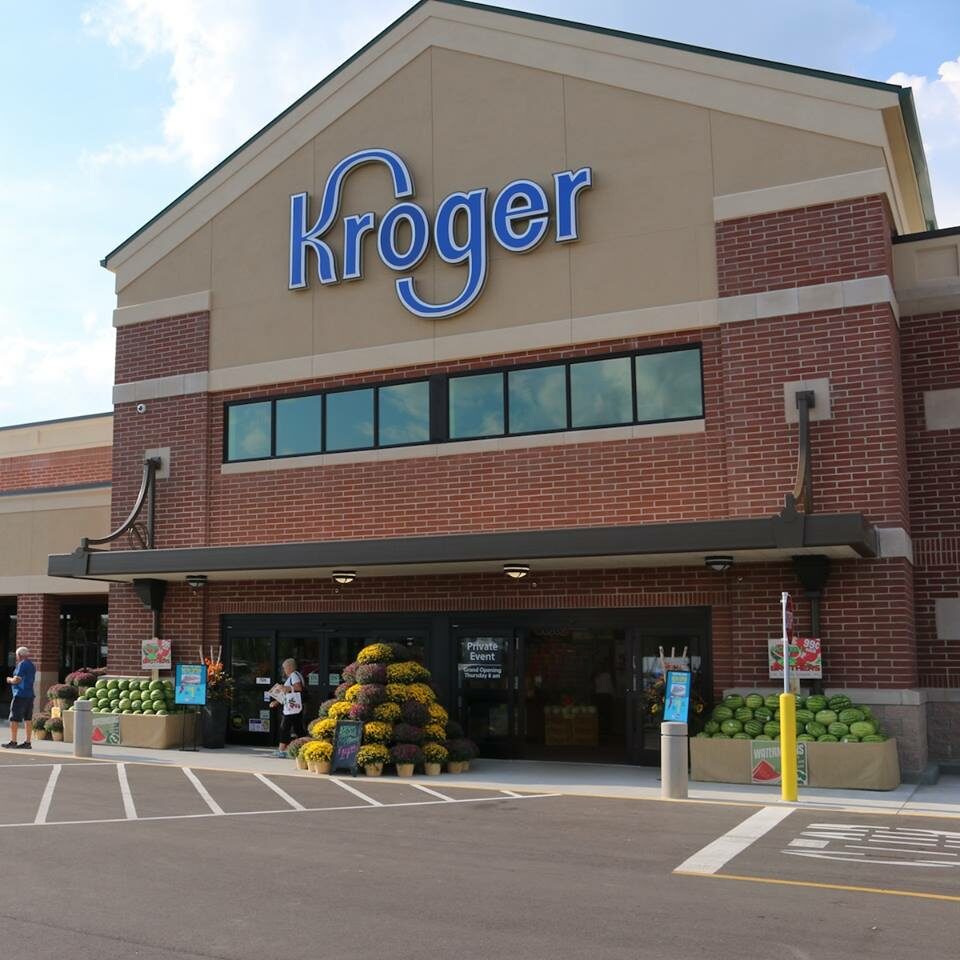Cincinnati, OH- More than 50 emerging natural food brands participated in Kroger's second Natural Foods Innovation Summit last week, an increase of ten from its inaugural summit in October.
Part of the reason for this could be the supermarket's new online portal for suppliers, launched in September. The supermarket, which serves roughly 9 million customers daily in nearly 3,000 retail food stores in 35 states and the District of Columbia, launched the web site so that suppliers can directly apply to company buyers.
Called Kroger.Com/WeAreLocal, it welcomes local and emerging brands. "Kroger has always had a commitment to supporting small-business owners and local vendors," says Mike Donnelly, Kroger's executive vice president of merchandising and procurement. "Our business has a track record of successfully blending centralized and decentralized decision making to promote local products while also enjoying economies of scale. Since Kroger's day one, we have had a longstanding, 365-day-a-year commitment to support and source from local farmers, ranchers, food producers, wineries, breweries and product makers. There are tastes and products that are unique to every region."
This could be the grocer’s way of responding to Whole Foods’ sourcing revisions. AsWhole Foods Magazinereported in October, the company has been charging some local suppliers higher fees, and vendors that sell mostly shelf-stable, non-perishable vitamins, supplements, and personal care items directly to Whole Foods got word that, by March, 2018, they must instead go through United Natural Foods, Inc. (UNFI), Whole Foods’ primary wholesale distributor. Many suppliers are unhappy with these changes, and say that new fees for shelving, shipping and in-store product placements are hurting their business, according to a report fromBusiness Insider.
But one Whole Foods Market manufacturer is still happy with her experience. Says Nancy Kalish, founder and CEO of Rule Breaker Snacks, "We have not been asked to alter anything--including price--so far. We continue to have a positive experience.
"We have just reduced our suggested retail price (SRP). (Formerly $2.99 to $3.49, it is now set at $1.99 to $2.29.) But that was because we spent the last year reformulating to become a shelf stable product, which increased sales, and allowed us to cut our cost of goods (COGs) significantly. It does make me feel better that we have made that move on our own. It's always better to be proactive if you can be!"
The big news coming out of Kroger's Innovation Summit was the grocer’s private label sales. Kroger's Simple Truth, its brand of natural, organic and free-from products, achieved $2 billion in annual sales and its organic produce sales reached $1 billion annually since the company's first summit.
"These are just two examples of our customers' growing desire for clean products – and our ability to deliver for them," said Jill McIntosh, Kroger's vice president of natural foods. "Kroger's Summit is an exciting innovation platform that promotes discussion about natural food trends and provides a stage for emerging brands to get their products in front of our buyers and category managers."
Organic fresh produce sales are on the rise. According to areportfrom the Organic Produce Network and Nielsen, consumers bought nearly $5 billion worth of organic fresh produce items in 2017, an 8% increase from the previous year.
Analysts attribute the rise in sales to today's millennial consumer, who is shopping not only for themselves, for for their young families. Whole Foods Market is capitalizing on this with a new ad campaign aimed at this younger, and in some ways, quirky demographic, with a series of short spots, as reported in Ad Age, under the tagline "Whatever Makes You Whole." The new push includes the tale of a vegan-turned-paleo consumer, a dad who loads up his cart with everything but what he came for — diapers — and a customer who wants cheese, but has no idea what kind, and ends up pondering his career choices at the counter.

Nature Made Makes Waves With Pickle-Flavored Gummies
April 15, 2024








